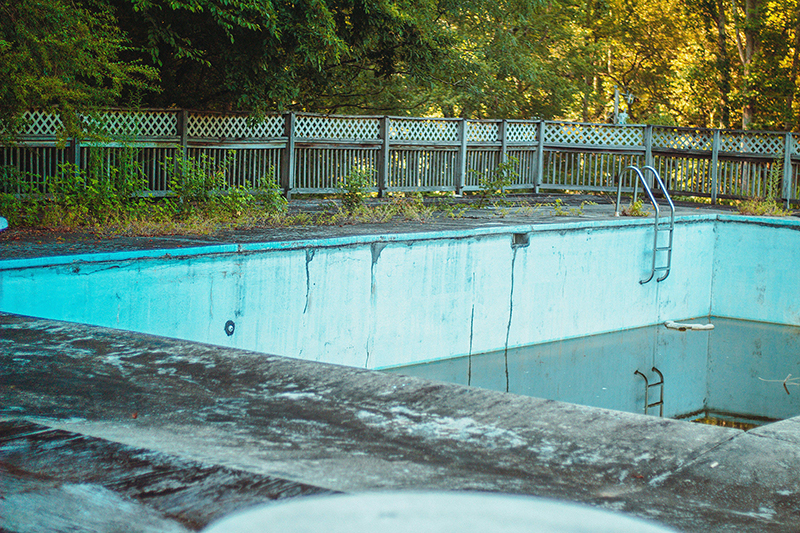What will I be receiving? Pool Inspection Reports
Surrounding Items
1. Perimeter Fencing
2. Pool Deck
3. Pool Deck Retention
Pool Items
1. Coping
2. Tile
3. Skimmers, Drains & Fittings
4. Lights
Addons
1. Accessories
2. Slides & Diving Boards
3. Robotic Cleaners
4. Water Features
Equipment
1. Mechanical Pumps
2. Sanitizers
3. Controllers & Programmers
4. Filters
5. Electrical Panels
6. Heaters
7. Chillers
8. Visible Plumbing
Am I getting the best service?
Professional pool solutions offers service that truly stands out. We believe our services are worthy of being considered.

Expertise & Certification
Professional Pool Solutions is CPO Certified and our techs are highly trained in pool safety, construction, and maintenance.
Thoroughness
Our inspectors are meticulous and examine every aspect of the pool including structural integrity, equipment functionality, water quality, and safety features.
Advanced Technology
We have advanced tools available to detect issues that may not be visible to the eye.
Clear Communication
We provide detailed reports to explain our findings clearly with recommendations.
Reputation and Experience
Professional Pool Solutions has an extensive record of satisfied customers with years of experience in the field.
Comprehensive Service
More than just identifying problems, we provide guidance of maintenance, solutions, and potential upgrades to ensure the pool is up to code.
Pool Inspections are a Crucial Part
Professional Pool Solutions is the trusted Pool Inspector
Trust Professional Pool Solutions to give you the comprehensive pool inspection Temple, TX services that goes beyond what a general home inspector can provide! We can help you make informed decisions with confidence, and give you peace of mind knowing that you pool is in optimal condition, ready to be enjoyed for the years to come!
Residential Inspections
If you are looking to buy a new home that includes a pool, our pool inspection Temple, TX services are designed to give you a comprehensive understanding of the pool’s condition and functionality. Our team will conduct a thorough evaluation of the pool and its equipment to ensure that everything is operating properly. If our inspection reveals any necessary repairs or maintenance, we are here to provide you with the information and recommendations you need for any repairs. At Professional Pool Solutions, we want to empower you with the information you need to make informed decisions.
Commercial Inspections
Here at Professional Pool Solutions, we are well-versed in the specific requirements set by the state of Texas for commercial pools. The state of Texas requires that certain codes are met at each commercial pool. We can assist property managers at Homeowners Associations, hotels, and any other commercial or public pool to help determine whether or not the pool is ready for operation according to state health code. We will assess various aspects of the pool, such as the water quality, safety features, signage, functionality, and compliance with state health codes. Choose us today to ensure ensure your commercial pools adhere to the Texas state requirements
Whether you’re a residential or commercial pool owner, our pool inspection services cater to your specific needs. Contact us to learn more about our services today!